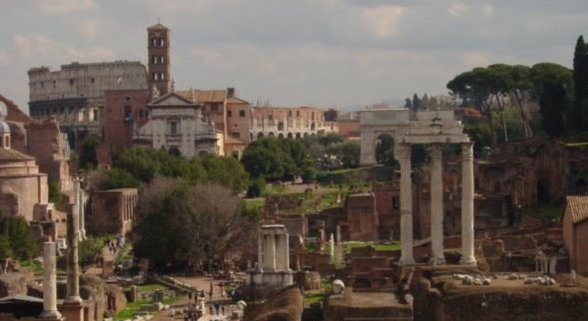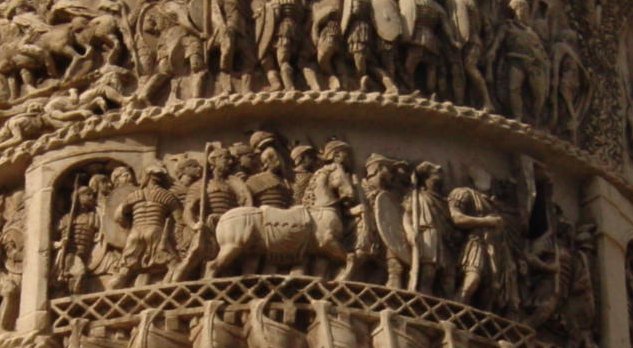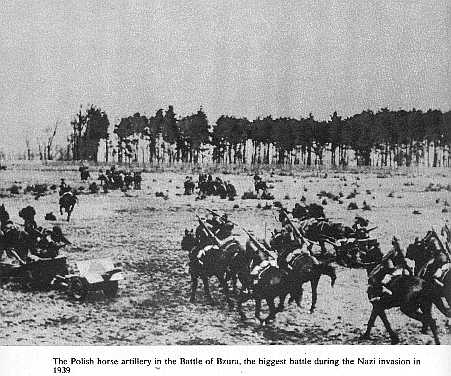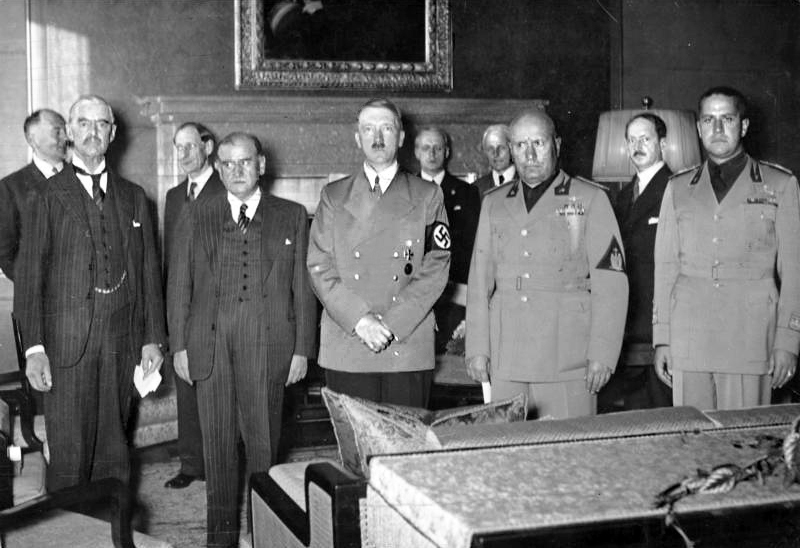Render onto Caesar … but don’t expect government to perform miracles. You can’t always get what you want, even if everybody votes for it. No government has been able to repeal the principles of physics, the march of time or the law of supply and demand.

It doesn’t matter if it is President Obama, Bush, Carter or Reagan. I am sick of hearing the question on the Sunday morning news programs, “How is President ___ going to fix the economy.” It just doesn’t make sense to think that any political decisions can fine tune or even quickly move something as massive and diverse as the economy. What politics can do is create conditions that ALLOW the people to create and maintain prosperity and this is always a very long term proposition, and when we are talking about long term, it might mean decades or even generations.
Beyond the obvious fact that presidents simply lack the power to command most of the factors in the economy, and it is a good thing, BTW, think about the time it takes to do almost anything. To make it simple, let’s just go with an example of something government actually does control. The roads we drive on and over which our commerce flows were laid out decades or centuries ago. The decisions on whether to expand or maintain them, or not, were made by thousands of local jurisdictions over many years. Quick changes are just not possible. If you need a road in a particular place where you don’t currently have one, the president’s decision makes no difference. If President Obama had the power to order a road built and he gave that order today, how long before you could drive on it. Besides buying the land, laying out the plans, bringing the resources, you would have to contend with the NIMBY opposition and scores of lawyers. At best, there can be a road in five or ten years. So why do you think he can “fix” the economy with things not even in government’s legitimate control?
Yesterday I wrote a post mentioning a new process for hardening wood. This small process could create new markets for sustainably grown softwoods and maybe go a great distance in curbing deforestation in tropical forests. This small technology improvement might have a bigger positive effect on environmental protection, specifically CO2, than all the government rules and posturing of the past year, which still have accomplished nothing. But most people have not heard of it. If/when it starts to work, many people will falsely associate the improvements with that climate bill that disappointingly has so far gone nowhere in the Congress. How many other things like this are running the economy? It reminds me of that old saying in medicine, “God cures; the doctor collects the fee.”
America is much more than its government and no government can keep up with the innovations and imaginations of the people. I am not a no-government guy. I work for government. I love government. Government has an indispensable role in creating conditions for prosperity. There can be no free market w/o the rule of law. Government creates infrastructure and sets the tone for society. Government’s must have a monopoly over the legitimate use of violence and right to wage war. Governments can produce fine monuments. But everything belongs in its place and there are lots of things government cannot do.
What government cannot do is manage the particulars of economics or business. Unfortunately, it is much more fun and politically profitable for politicians to wade into management and take credit for what is happening around them largely beyond their control, than it is to do the hard work needed to create the conditions for prosperity that will only pay off years in the future. The incentive system is just all wrong.
I think we have a profound pro-government bias built into our study of history and into our very understanding of how things work. It is hard to get out of the intellectual trap of thinking that political leaders actually lead in all aspects of life because it is such an ancient formula. A leader in a small tribe makes decisions that truly do affect the daily lives of their people. The kings in the fairy tales do too. In the old days political leaders were also economic leaders to a much greater extent than they are today. The state was usually the big investor that handed out patents and monopolies necessary for anybody to do business. This changed as economies got more and more complicated and the free market made it possible for most people to do business without day to day permission from the authorities, but our thinking is way behind the times.
Today there are so many people making so many decisions that leaders can no longer understand, let alone command, the economy, but we are remain comfortable thinking that someone is responsible, both for good and bad effects. We like heroes and villains, and we imagine them if we cannot find them in real life.

IMO, we should take inspiration from the Biblical verse – we should render onto Caesar (the government) that which is Caesar’s; render unto God that which is God and let the people themselves sand the free market take care of everything else. Everything has its proper role.
Presidents cannot fix the economy. We wisely have not given them this power, which they clearly cannot handle and would lead to tyranny if they seriously tried. They can only create conditions that allow the people to make prosperity. But they do have the power to mess things up if they over reach. It is easier to wreck than to build, easier to promise than to deliver and easier to create the appearance of success in the short term that to create a sustainable prosperity. That is why we should be very careful what we ask of politicians, since they might try to give it to us or at least might try to make it look like they have.





